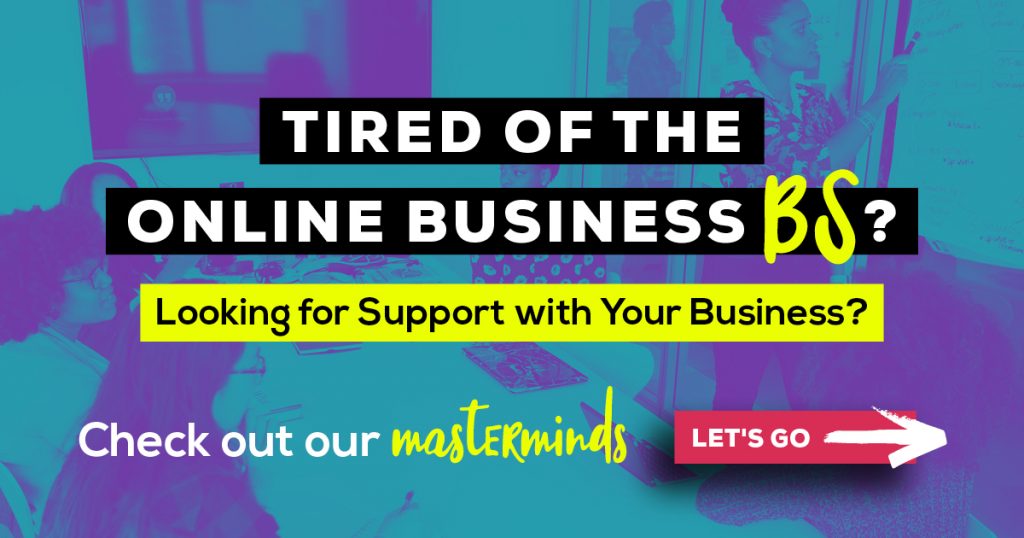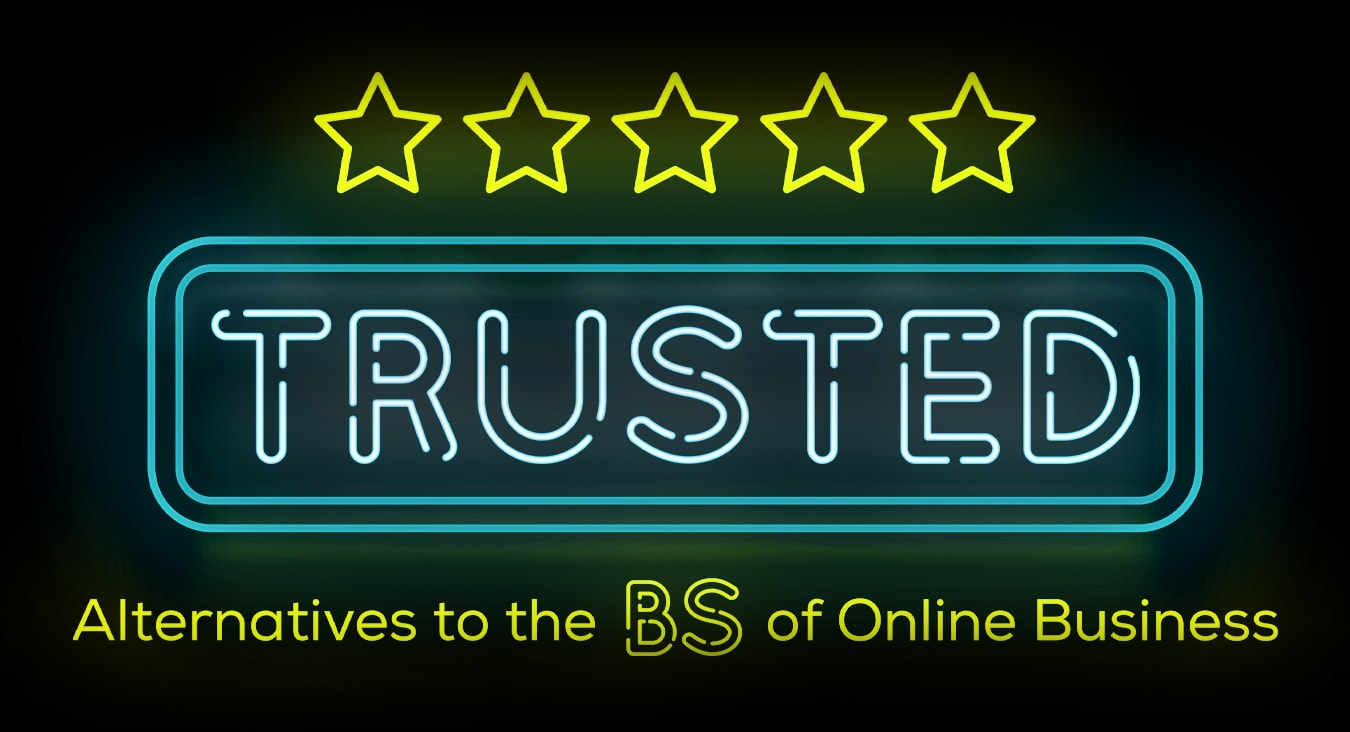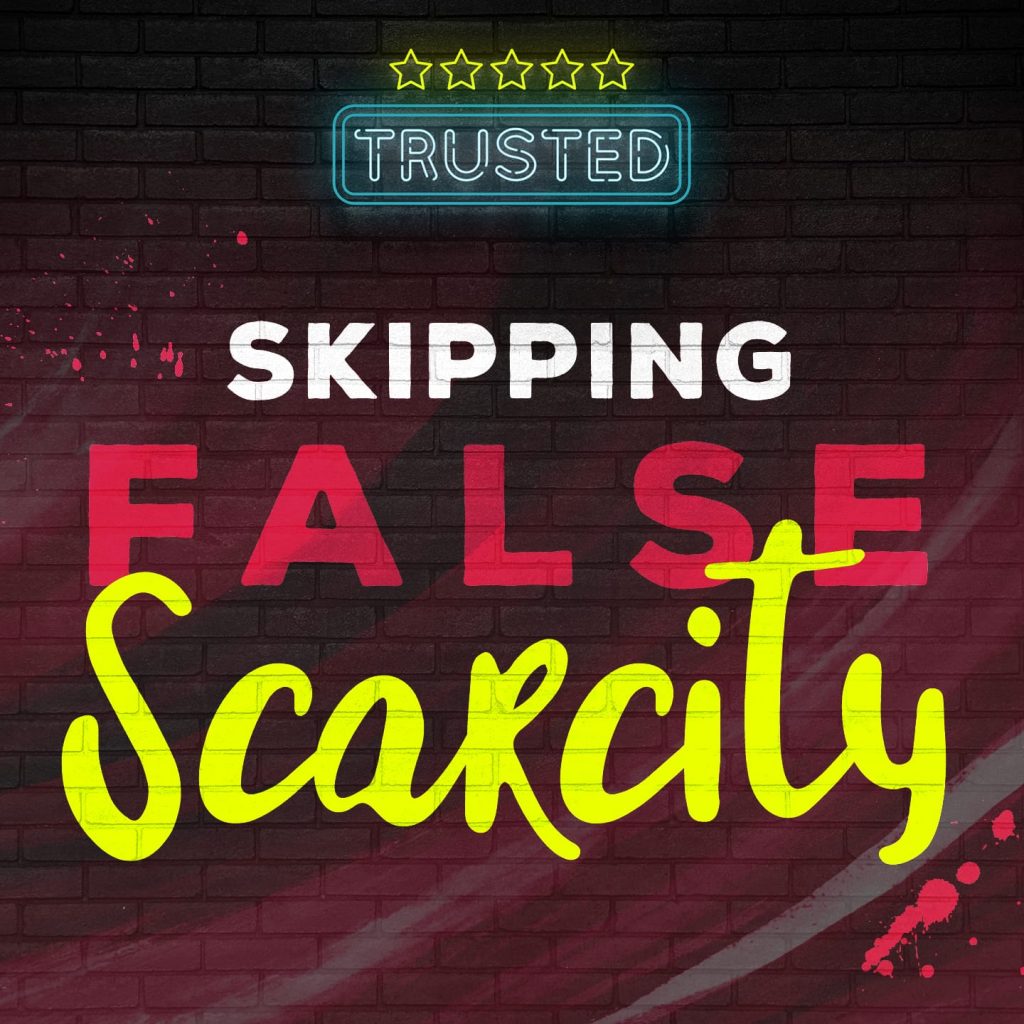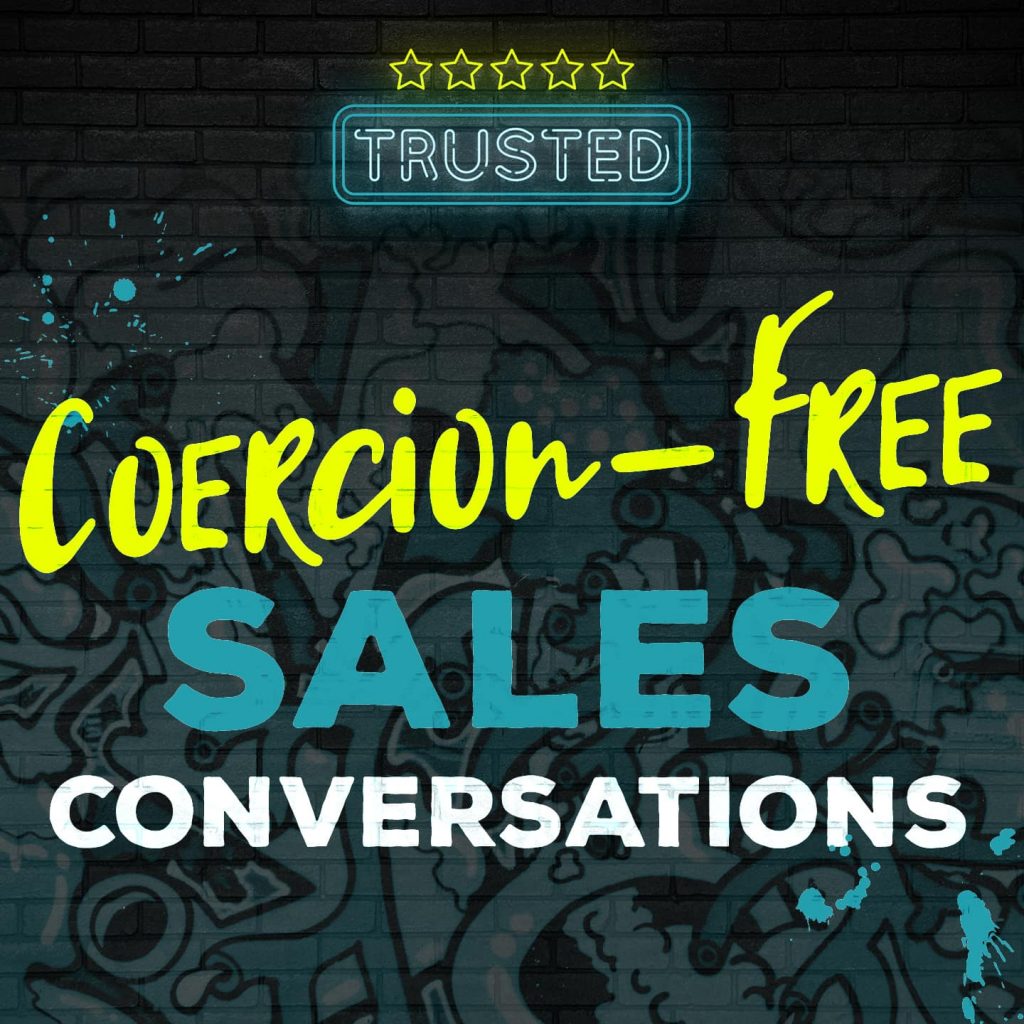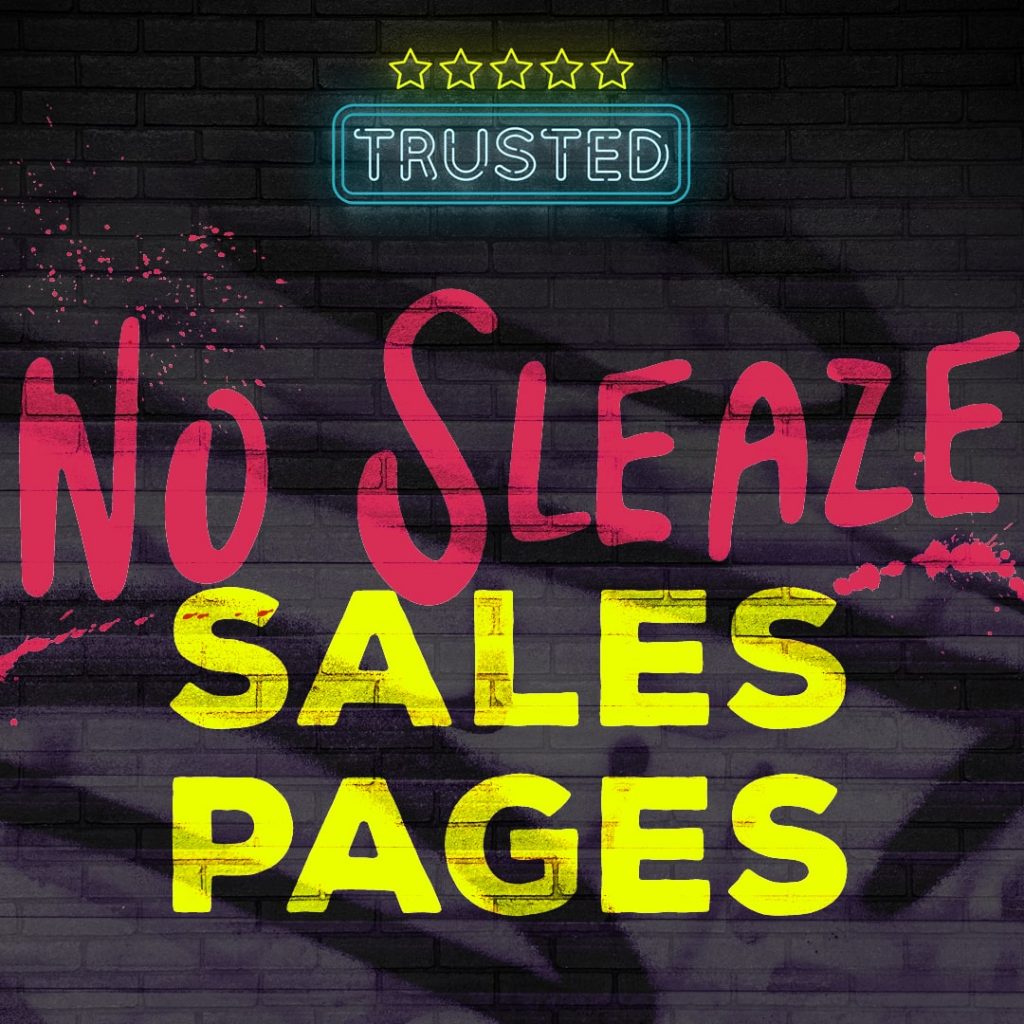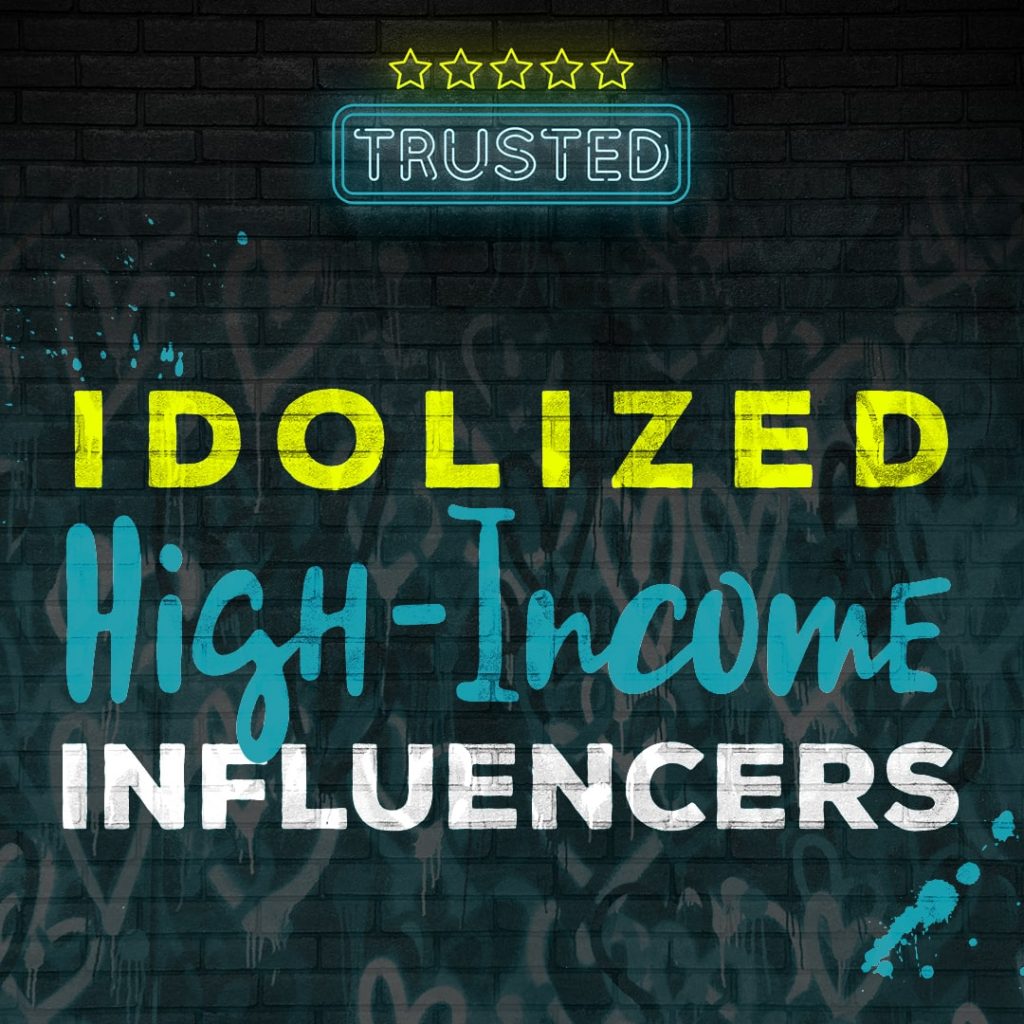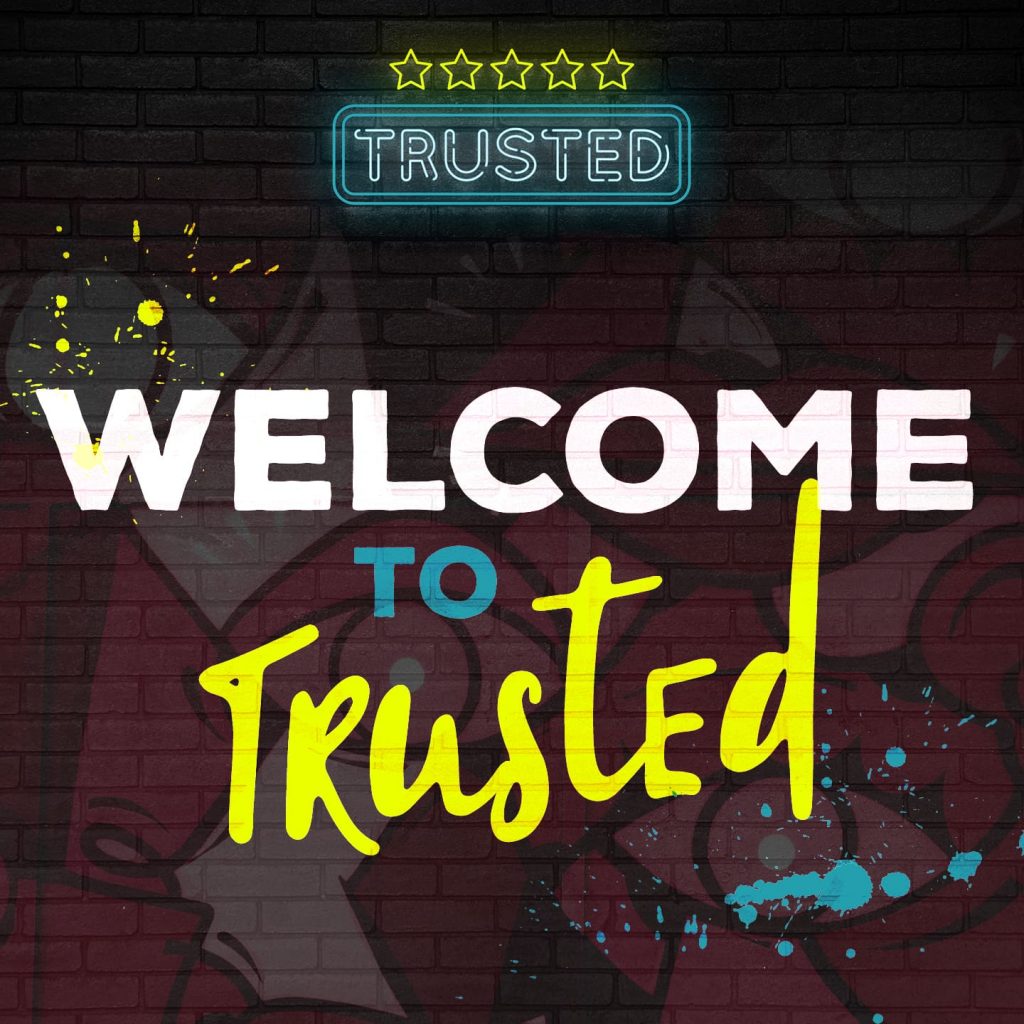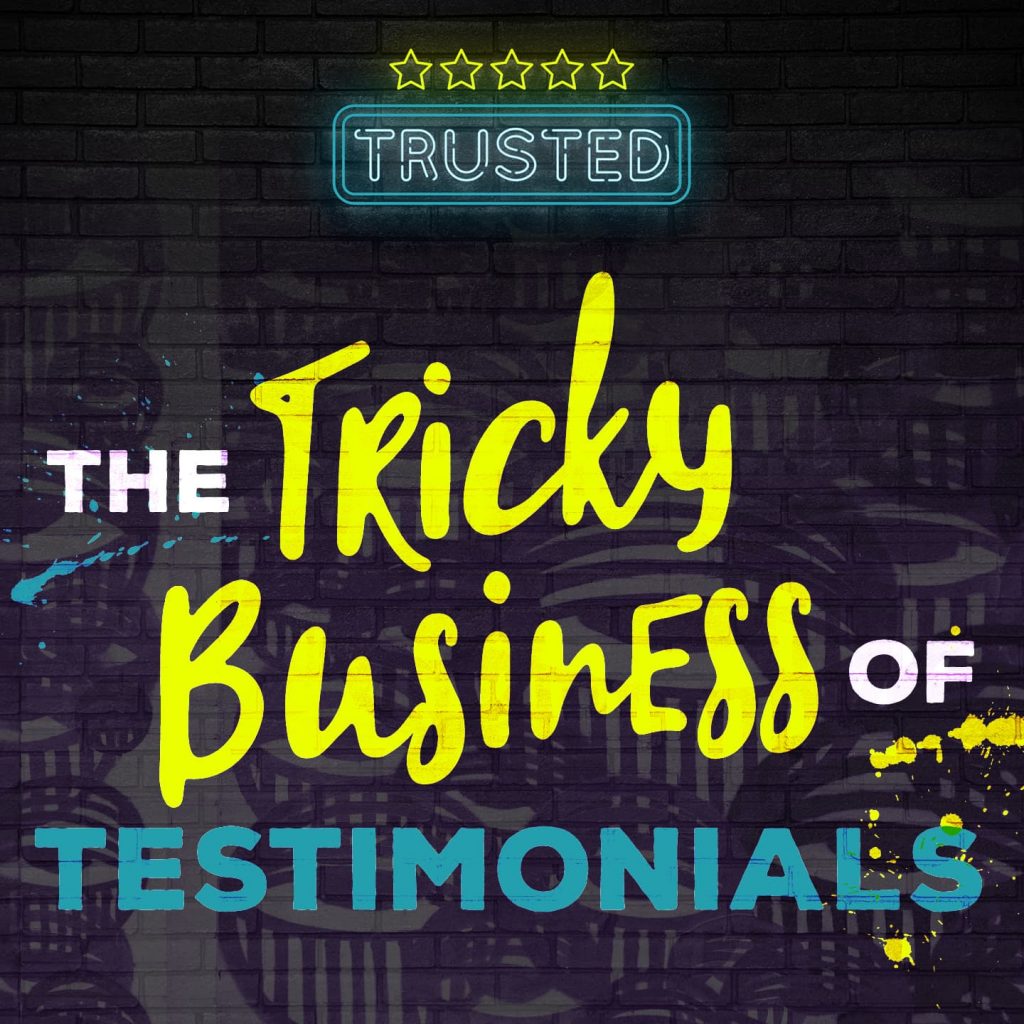
The Tricky Business of Testimonials
Big results. Big money. That’s the status quo of testimonials in online business. But have you ever wondered if this is even real? And how many people actually get those results? In this episode of Trusted, we’re examining the tricky business of testimonials and how we can approach testimonials in a way that’s rooted in trust.
One of the most powerful marketing and sales assets any business has is its customer testimonials as they help build trust.
Social proof is one of Robert Cialdini’s six principles of persuasion, and it’s based on the idea that if we’re not sure what the proper behavior is for a situation, we look to others for guidance.
We rely on testimonials and reviews to support our decision-making nearly every time we make a decision. From picking a restaurant to booking a hotel, to buying new shoes, we read the reviews and dig into the details.
We do the same thing when it comes to trusting people we do business with. From buying a course to hiring a website designer, we check out the testimonials to ensure someone is legit.
The only problem is that testimonials in this industry are some truly tricky business.
The Treachery of Testimonials in the Online Business Market
Testimonials and case studies are a big part of the work we do with our agency clients, and I’ve literally been doing this work for over 20 years. So imagine my surprise when I started off in the online business industry and started to figure out the fuckery of what was going on with testimonials.
A common refrain with my clients when I handled PR for them was that we needed to use the strongest believable claim. The idea is that if you go too far, it’s not believable and people won’t trust you.
Think of it this way. When you see a weight loss ad promising a massive before/after transformation, you may immediately have questions. But if you’re hopeful or vulnerable you may think “oh, maybe this could work for me” and then sign up for that program.
The results shared in testimonials in the online business world are the same. They share “results not typical” successes, or in diet loss terms, the 5% of people the BS diet actually works for.
If 1000 people go through a program, when we see five to 10 testimonials of star students, we’re seeing a fraction of the actual experiences they have in that program. Expectations of what we can achieve by making that investment are grossly exaggerated and unrealistic.
Remember statistician Abraham Wald’s Survivorship Bias we talked about back in episode 2 on high-income influencers?
According to Decision Lab, this is the idea that a “visible successful subgroup is mistaken as an entire group, due to the failure subgroup not being visible”. This results in a bias where our brains think everyone is successful, as we’re not seeing any of the failures.
If that doesn’t sum up testimonials, especially in the online business world, I don’t know what does. We see the top 0.1% of results, and there’s no accounting for anything outside of that group.
While these testimonials may be true, they’re misleading as hell. And this is complicated by the fact that most of the time we’re talking about results related to how much money you’ll potentially make.
People make these investments based on results that are unlikely to materialize and then find themselves duped and in debt.
Beyond the results, not typical testimonials, sometimes they’re completely exaggerated or faked. Years ago, my name and image were used in a fake testimonial by a coach in Australia.
When it comes to testimonials, there’s no denying they’re essential to building trust, but we need to find alternatives to only using a narrow range of experiences.
Alternatives to Trumped Up Testimonials
We can’t just stop using testimonials, so what’s the trusted alternative to the current “results, not typical” approach that’s so prevalent in the online business world?
Let’s start by normalizing sharing results or benefits that accurately reflect the majority of our customers or clients.
Results are one of the five trust cores in TrustDNA, and I define that as doing what you say you’re going to do. To build trust, we need to be able to deliver the result we dangle in front of our potential clients.
This industry has a problem with simply being honest about the time and effort involved to achieve a specific result, and when we do this, we’re setting unrealistic expectations for our clients.
Acknowledging Atypical Results
If you have clients that have atypical results, make that clear. A few years ago, I had a client who rapidly grew her business after just a few months of working with me. In sharing her story, I made it abundantly clear that this was not a typical experience, as well as parts of her backstory that made that possible.
We need to find ways to recognize and acknowledge all of the privilege, connections, timing, and even luck that goes into getting results.
As a quick side note here, we need to also stop stealing our client’s thunder. I see so many testimonials that give the coach, consultant, or service provider all the credit for results when it’s typically a team effort. Look for ways to position your contribution to the result versus taking credit for all of it.
Rooting Testimonials in Reality
Most of all, we need to ditch the hype and exaggeration, as when you use over-the-top testimonials, you’re likely attracting the wrong types of clients to your door. For example, if you’re using only testimonials that make big revenue claims, you’re going to have people wanting to work for you for that reason.
My policy is to use truth-driven testimonials that go beyond the top 10%, because it’s critical that I showcase results beyond revenue, and there’s a full range of experiences. In fact, I’m moving away from using revenue claim testimonials in my marketing as increasing revenue is just one potential result that comes from working with me.
Focus on Trusted Testimonials
The good news with testimonials is that shifting how you approach them is a relatively easy change for most of us to make. It’s something that can quickly make a tangible difference in our business as testimonials are a way we build and reinforce trust when someone is planning on working with us.
If you’re not convinced, consider this. For every client that you may lure in with your trumped-up testimonials, you may have another client that’s turned off by these claims.
I’ve discovered in the last two years that my best clients are those that are okay with a full range of experiences and aren’t automatically looking for big money results. They’re people that see me as a thought partner and mentor, versus someone with a secret path to making millions.
Sure, we talk about money and revenue goals, but it’s not the only thing we ever talk about, and we celebrate successes that aren’t rooted in always making more money.
As we wrap up this first run of Trusted, I want to encourage you to think about the five tactics we’ve covered and to pick one to focus on right now in your business. Breaking-free of the bullshit of online business going to be a quick fix, but it will be worth it.
